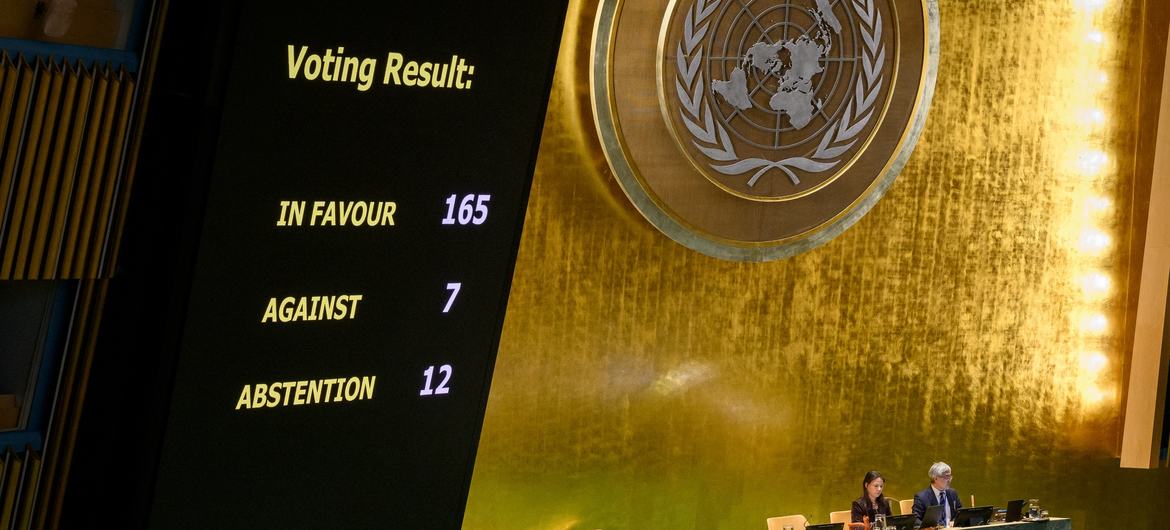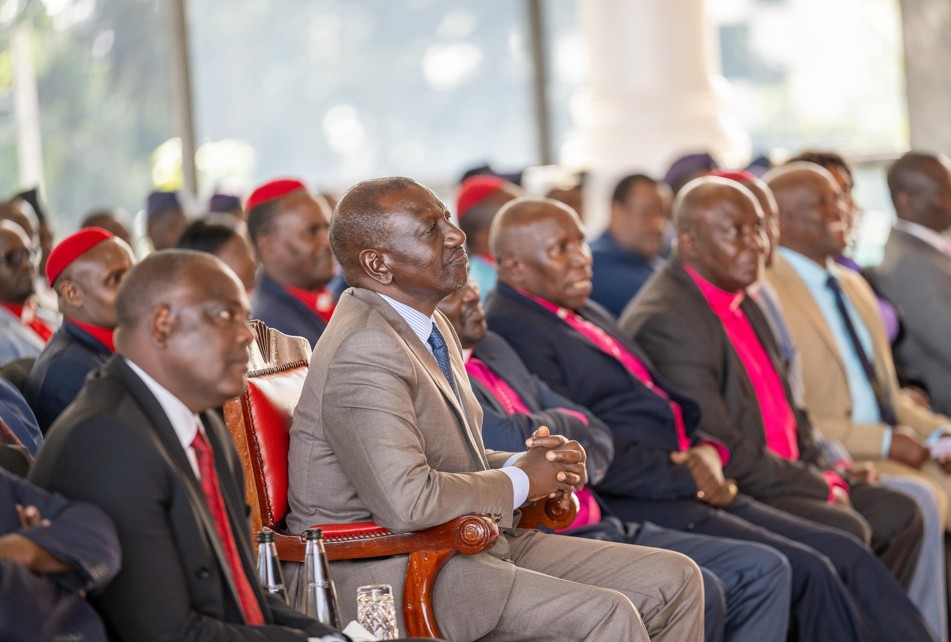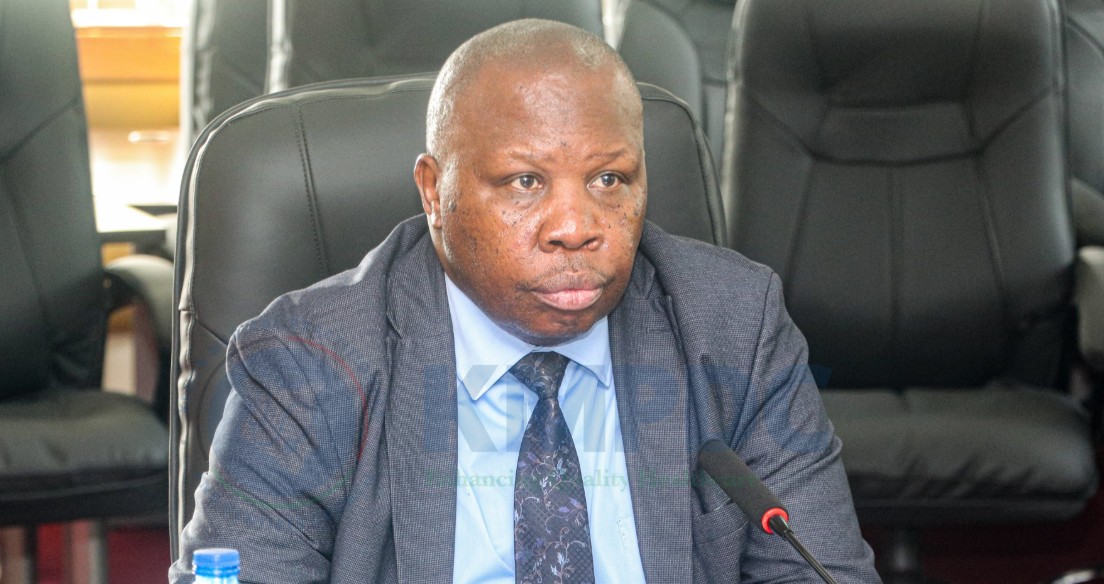Kenya backs UN vote calling for end to US embargo on Cuba

The UN General Assembly on Wednesday adopted the resolution titled "Necessity of ending the economic, commercial and financial embargo imposed by the United States of America against Cuba."
Kenya has once again joined the overwhelming majority of UN member states in urging the United States to lift its decades-old economic, commercial and financial embargo on Cuba, reinforcing Nairobi's foreign-policy posture of siding with the Global South on questions of sovereignty, development and equitable international order.
The UN General Assembly on Wednesday adopted the resolution titled "Necessity of ending the economic, commercial and financial embargo imposed by the United States of America against Cuba."
More To Read
- At least 20 dead as Hurricane Melissa hits Haiti
- US drops Sh1.3 million visa bond for Mali citizens, ending diplomatic standoff
- Explainer: All you need to know about US gov't shutdown and its global impact
- Opinion: Africa’s inclusion indispensable to a just and effective global order
- Ruto warns UN faces irrelevance without reform
- IGAD elevates Horn of Africa agenda at UN General Assembly
It passed with 165 votes in favour, 7 against, and 12 abstentions.
Those opposing the resolution included the United States, Israel, Argentina, Hungary, Paraguay, North Macedonia, and Ukraine.
Twelve states abstained, among them several Eastern European and Latin American countries.
The tally marks a notable shift from last year's vote, when only the US and Israel opposed the measure and just one state abstained.
Nairobi's vote reflects its long-standing stance on multilateralism, respect for international law, and opposition to unilateral coercive measures.
Kenyan diplomats have previously framed the embargo as a structural impediment to economic justice and a violation of principles of sovereign equality.
Although non-binding, the annual vote amounts to a global diplomatic rebuke of Washington's six-decade-long sanctions regime, first imposed in 1962 at the height of the Cold War.
The embargo has been widely criticised for its humanitarian impact and for restricting Cuba's access to international markets and financial systems.
Despite the symbolic nature of the resolution, the vote continues to expose fissures in global politics between major powers and developing nations, and between advocates of sanctions and those urging engagement as a tool of diplomacy.
Cuba praised the outcome as a reaffirmation of international solidarity, while the United States defended the embargo as leverage to support political freedoms in the island nation.
Top Stories Today













































